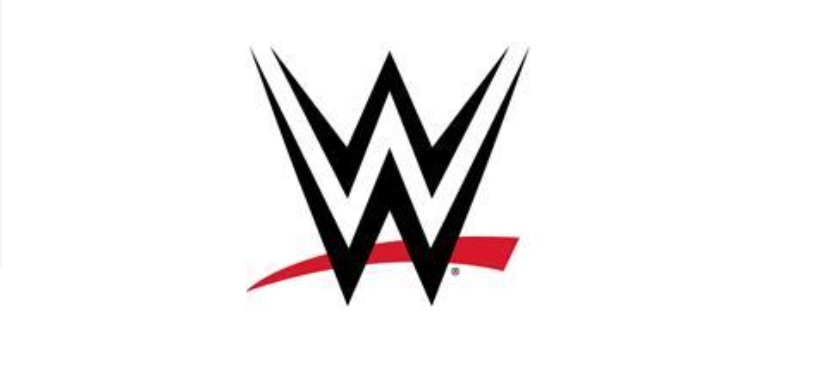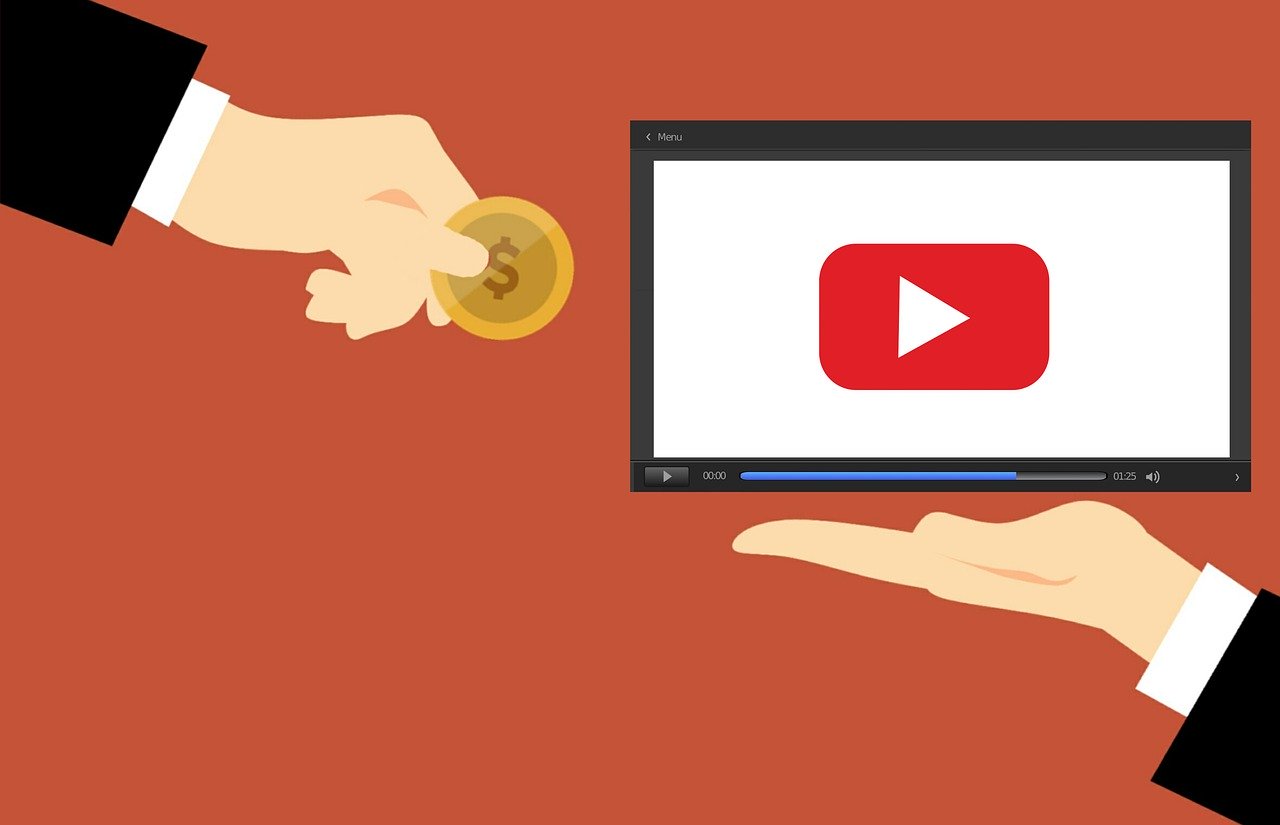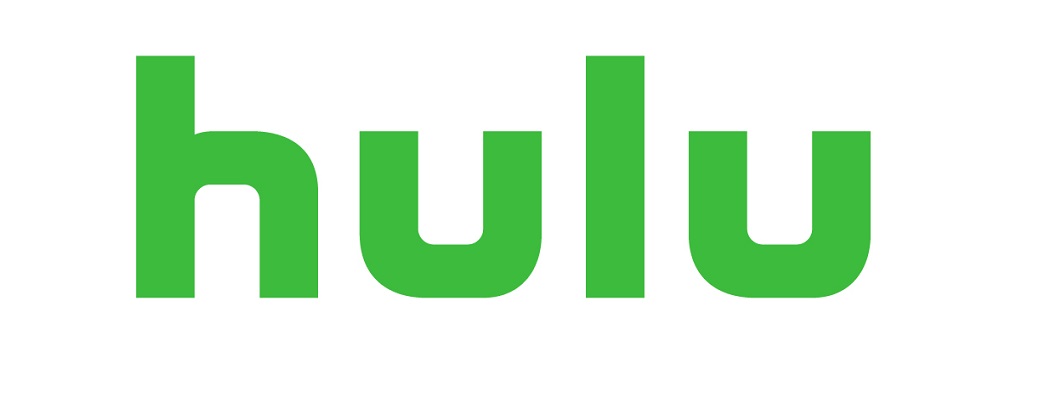Chris Brass
Writer
It happened. The dreadful merger between Disney and Fox Studios. Yeah I’m the dark clouds guy. I get how many of the Marvel comics fans will be happy that the X-Men and Fantastic Four can be merged into the Marvel Cinematic Universe. I get how Star Wars fans can rejoice that all the Star Wars Movies will now be under one umbrella. These are things worth rejoicing over, but excuse me if I don’t jump up and down for joy.
I worry that this will continue to consolidate the power of Movie and TV studios and hurt cable subscribers and cord cutters alike. As much as cord cutters rally around the cable provider hate pole, for most of us it’s not the cable providers that are the problem for the high cost of cable. It’s the cable networks. One of the reasons why cable cost so much is because cable networks can demand how much they get from each subscriber with Sports networks like ESPN commanding the most money per subscriber. Even if you don’t watch it. Yes, if you subscribe to basic cable, Fox News and MSNNBC getting some of your money even if you watch one and not the other. This kind of things is what prompts demand for a-la-carte.
Relationship problems + Lack of Comepetition = High Bills
It adds up to an ever growing monthly cable bill and one of the reasons why getting rid of cable has become so popular. But the reason why the cable providers have been able to get away with it is because the providers also own a huge chunk of the networks they provide. For instance, Comcast not only brings cable access into people’s homes, they also own a chunk of the popular networks such as (CNBC, MSNBC, NBC, USA, SyFy). Cable providers take their lead from the big boys. So when Comcast comes up with the idea to raise prices based on the need to collect more fees for networks hey own or for Internet service there’s absolutely no reason why other cable companies couldn’t or shouldn’t do the exact same thing. In most cases there is little real competition. Now Disney will control ESPN and its extended family of networks, FX and its extended family of networks, 22 regional sports networks and the film rights to in incredible amount of content and franchises.
Now we have one less studio conglomerate to at least try to bring forth the appearance of some form of real free market competition for our TV and Movie watching dollars. I probably wouldn’t be so cynical on this topic if I had more faith in Disney, but the truth is that I don’t. Disney has shown itself to take advantage of it’s position at the expense of its customers and hurt competitors. From the upcoming Star Wars movies and a local issue with small theaters as well as it’s lawsuit against Good Times Video, I don’t have enough faith in Disney to think it won’t abuse it’s new position as the studio that has a so many cable networks in its possession. Now with Disney and Comcast, the two companies that I have the least amount of faith in having 90% control of Hulu I don’t have a whole lot of faith in their decisions to be ‘cord cutter friendly’.
The Dream Merger Fox and Netflix
I’ve always had a suspicion that one of the biggest motivators for Netflix to start investing so heavily into Netflix Original Content was because they could see the possible writing on the wall with the studios not giving them any content in the future. Hulu, owned by Fox, Disney and Comcast, was created with the explicit purpose of competing against Netflix, and having three of the four OTA TV networks join up to compete against you might make any company a little skittish and take big chances with the result being House of Cards, The Ranch and Fuller House along with some others, some of which were all designed around what their most popular DVD’s rentals and streaming video programs were. Although Netflix clearly doesn’t have the financial where with all to actually make such a merger possible, I do suspect that they could have the resources to shape it up in quick order based upon knowing what viewers wish to see. It would have also added a significant library to its services to be extremely appealing.
Think of the possibilities. A studio that has a powerful place in the cable network industry that was streamer friendly.
But as I said, that’s the dream ticket. My preferred option would be to have the Federal Government bail out 20th Century Fox with a short term loan that would be required to be paid back similar the auto industry bailouts during the great rescission. If it wasn’t paid back in a set time frame, then it would be broken up into little pieces and sold.
As a rule, I oppose government bailouts. They can be a tricky issue, especially with the most recent Wall Street bailouts, but they do often pay off as well. During the late 70’s early 80’s, Chrysler was on the verge of bankruptcy but because of how much of an impact that Chrysler has on the economy they received Federal backing and the result was a company whose leader at the time, Lee Iacocca, took some pretty bold chances with the company that brought us the Dodge Minivan and many other popular cars of the 80’s and 90’s. These actions not only had a positive impact for us consumers, but caused the other two car companies to play catch up and shook up the industry.
I think that this could have possibly happened with 20th Century Fox as well. Movie Studios, like car manufactures, I feel are in a rut. They have been doing the same thing for the past 100 years “because it works”. Only when it becomes crunch time do they start looking at the market place differently and consider some bold new ideas that they haven’t been quick to jump on or didn’t take seriously with the result being a reinvigorated company that completely changes the landscape. Up until recently the studios haven’t taken the streaming world seriously and it could be said that they have tried to undermine it, but if 20th Century Fox had gotten a government bailout who’s to say that they wouldn’t look at the streaming industry in a whole new way and said “know what. Maybe we are looking at this platform wrong. Maybe we use this platform to our advantage!”.
I know. It’s a reach. But I’ve always been a dreamer.






